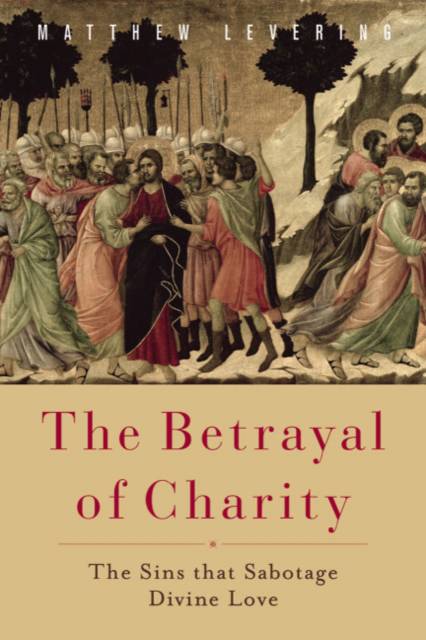
- Retrait gratuit dans votre magasin Club
- 7.000.000 titres dans notre catalogue
- Payer en toute sécurité
- Toujours un magasin près de chez vous
- Retrait gratuit dans votre magasin Club
- 7.000.000 titres dans notre catalogue
- Payer en toute sécurité
- Toujours un magasin près de chez vous
Description
Love was at one time a powerfully unifying force among Christians. In his letters, Paul consistently evokes charity as the avenue to both human and divine communion. If the magnitude of charity was of the upmost importance to early Christians, so were those sins that aimed to distract Christians from acting based on love. Taking seriously the efforts of Paul, and later Thomas Aquinas, to expose and root out the sins against charity, Matthew Levering reclaims the centrality of love for moral, and in fact all, theology.
As Levering argues, the practice of charity leads to inner joy and peace as well as outward mercy, good will, and unity with God and neighbor. The sins against charity--hatred, sloth, envy, discord and contention, schism, war and strife, and sedition and scandal--threaten love's concrete effects by rebelling against dependence on God and undermining interdependence on others. The Betrayal of Charity seriously considers the consequences of each of the sins against love, compelling individuals and communities to recognize their own loss of charity. In doing so, Levering fosters a spirit of restoration and reminds readers that love--not the sins against it--will have the last word.
Spécifications
Parties prenantes
- Auteur(s) :
- Editeur:
Contenu
- Nombre de pages :
- 229
- Langue:
- Anglais
Caractéristiques
- EAN:
- 9781602583566
- Date de parution :
- 01-08-11
- Format:
- Livre broché
- Format numérique:
- Trade paperback (VS)
- Dimensions :
- 154 mm x 226 mm
- Poids :
- 308 g







